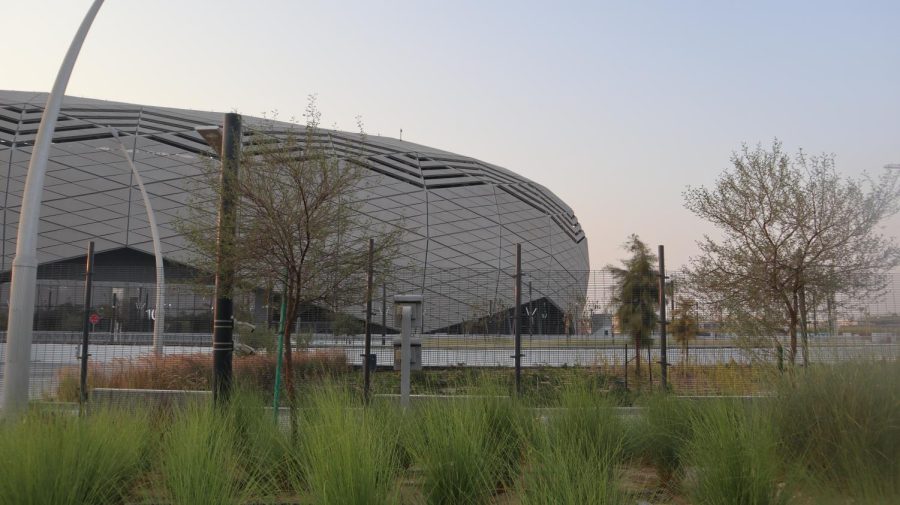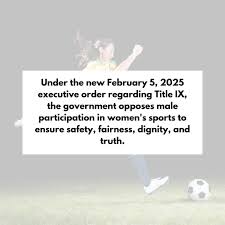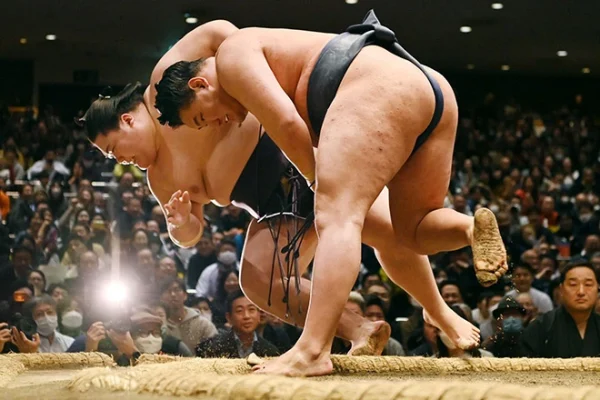FIFA’s Migrant Workers’ Monopolization in Qatar
Qatar, the host of the 2022 World Cup, built from the ground up a thriving soccer culture for fans to enjoy, starting from the acquisition of French soccer club Paris Saint-Germain. With the limited soccer history the country has, they are working to link western soccer culture to the Arab states. In their efforts, the Qatari government is monopolized by the FIFA association in order to build the required infrastructure for the 2022 World Cup.
For FIFA, this is a means of brand promotion to augment FIFA soccer culture into the Arab states. Most importantly, they believe this process is key to building another successful World Cup tournament. However, the reality is that FIFA uses the Qatari government as a way to exploit migrant workers through the Kafala system, hold passports of the workers for them to work, as well as force the workers to endure labor under poor working conditions. The FIFA World Cup is meant to be a celebrated event by local fans, bringing soccer enthusiasts together to promote the historic culture of each country participating in the tournament. But, with the location of the tournament this year, the tournament has transformed into a business clouded by corruption and bribery, fueled by an unruly desire for money.
Qatari workers under the Kafala system are legally obligated to work under their management and can only leave at the management’s discretion. Nonetheless, this system is being taken advantage of for the purpose of building the stadiums quickly. Many workers withheld their passports and they can only get them back once they sign falsified documents that they did receive their wages. The workers that do get their wages don’t get enough to sustain the high cost of living in Qatar. In recent years, there has been an increase in wages for migrant workers, but they are still not enough to accommodate the high cost that the bare minimum lifestyle in Qatar stipulates. In light of the workers’ circumstances, the country should provide for its workers, increasing the minimum wage and providing better, more affordable living arrangements. Most importantly, they should allow more worker flexibility and freedom.
The true gravity of the workers’ predicament is exceptionally apparent in how the FIFA association handled reform practices in coalition with Qatar. In acknowledging the forced labor operations and wage inconsistencies the sponsored construction companies practiced, FIFA promised reform and attempted to work with the government to pass new legislation to promote the welfare of domestic and migrant workers. However, much of the reform they promised is set to stall, as the government’s history of legislative form is a reflection of the ominous reality ahead for the workers. The Qatar government has a history of not carrying out promises on legislative reform, especially on the lines of migrant workers. Now that this is a more serious problem for the government, as the tournament edges closer, Qatar should tackle their workers’ exploitation and abuse problem to avoid further costs.
Many World Cup fans and Qatari locals argue that Qatar hosting the world cup reaps more benefits than drawbacks. Soccer spectators argue that the sacrifices being made to build the culture for soccer in the Arab states are worth it to bridge the gap the region has for the sport between the Middle East and the West. The tournament opens about 1.5 million jobs in order to build the stadiums, it brings foreign investment opportunities for the Qatari economy as well, and, overall, it brings a lot more brand exposure to the Middle East and it as a new sports hub. However, these points that work to benefit the FIFA corporation and the financial state of Qatar, disregard ethics and the culture soccer has upheld since the inception of the tournament.
Extravagant stadiums are built for the sake of a successful tournament, but at the cost of basic human rights. Before the plight of the Qatari laborers worsens, labor organizations should step in to ensure the protection from legal and professional loopholes that trapped laborers in a cycle of corruption and bribery. More importantly, the FIFA corporation should put their economic self-interests aside and work together with the Qatari government to legitimately try and recover from the harrowing fallout their pre-existing workers’ situation has presented on a global scale.













